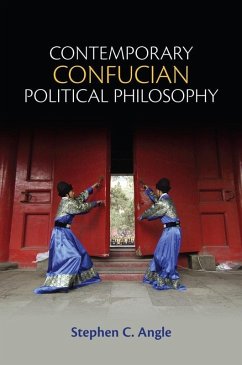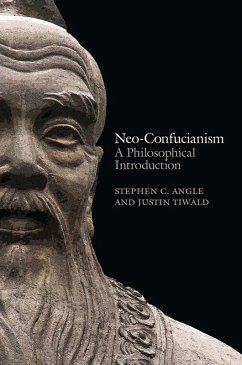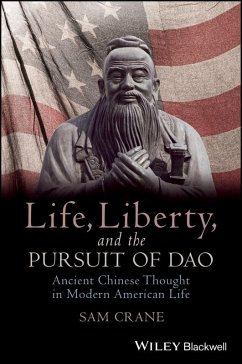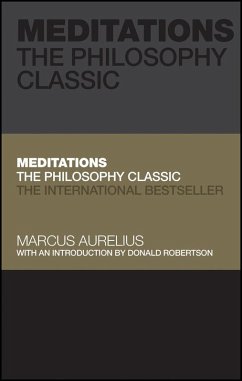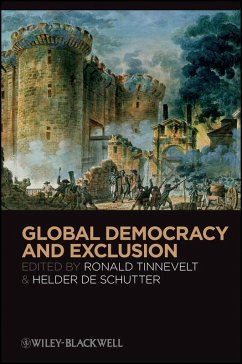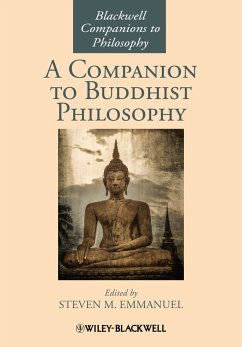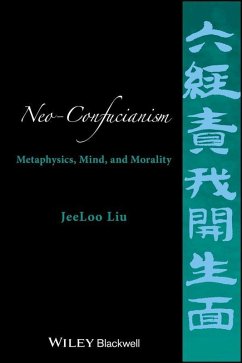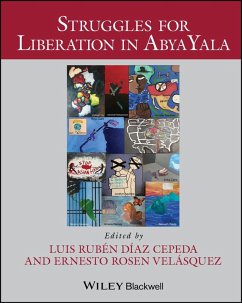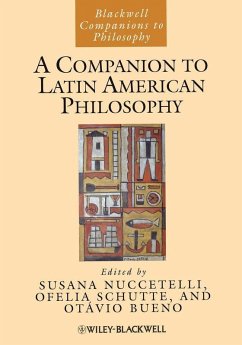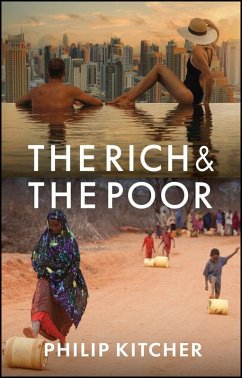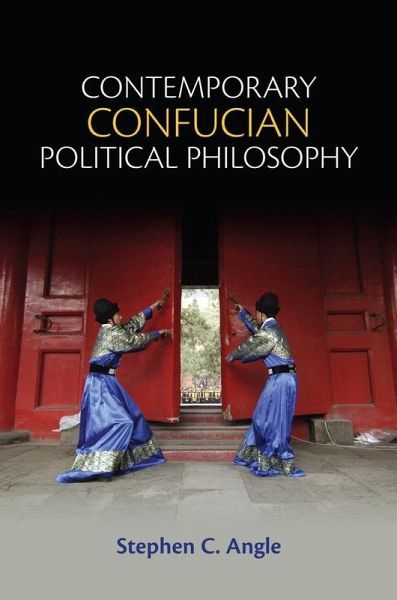
Contemporary Confucian Political Philosophy (eBook, ePUB)
Versandkostenfrei!
Sofort per Download lieferbar
18,99 €
inkl. MwSt.
Weitere Ausgaben:

PAYBACK Punkte
0 °P sammeln!
Confucian political philosophy has recently emerged as a vibrant area of thought both in China and around the globe. This book provides an accessible introduction to the main perspectives and topics being debated today, and shows why Progressive Confucianism is a particularly promising approach. Students of political theory or contemporary politics will learn that far from being confined to a museum, contemporary Confucianism is both responding to current challenges and offering insights from which we can all learn.The Progressive Confucianism defended here takes key ideas of the twentieth-cen...
Confucian political philosophy has recently emerged as a vibrant area of thought both in China and around the globe. This book provides an accessible introduction to the main perspectives and topics being debated today, and shows why Progressive Confucianism is a particularly promising approach. Students of political theory or contemporary politics will learn that far from being confined to a museum, contemporary Confucianism is both responding to current challenges and offering insights from which we can all learn.The Progressive Confucianism defended here takes key ideas of the twentieth-century Confucian philosopher Mou Zongsan (1909-1995) as its point of departure for exploring issues like political authority and legitimacy, the rule of law, human rights, civility, and social justice. The result is anti-authoritarian without abandoning the ideas of virtue and harmony; it preserves the key values Confucians find in ritual and hierarchy without giving in to oppression or domination. A central goal of the book is to present Progressive Confucianism in such a way as to make its insights manifest to non-Confucians, be they philosophers or simply citizens interested in the potential contributions of Chinese thinking to our emerging, shared world.
Dieser Download kann aus rechtlichen Gründen nur mit Rechnungsadresse in D ausgeliefert werden.



